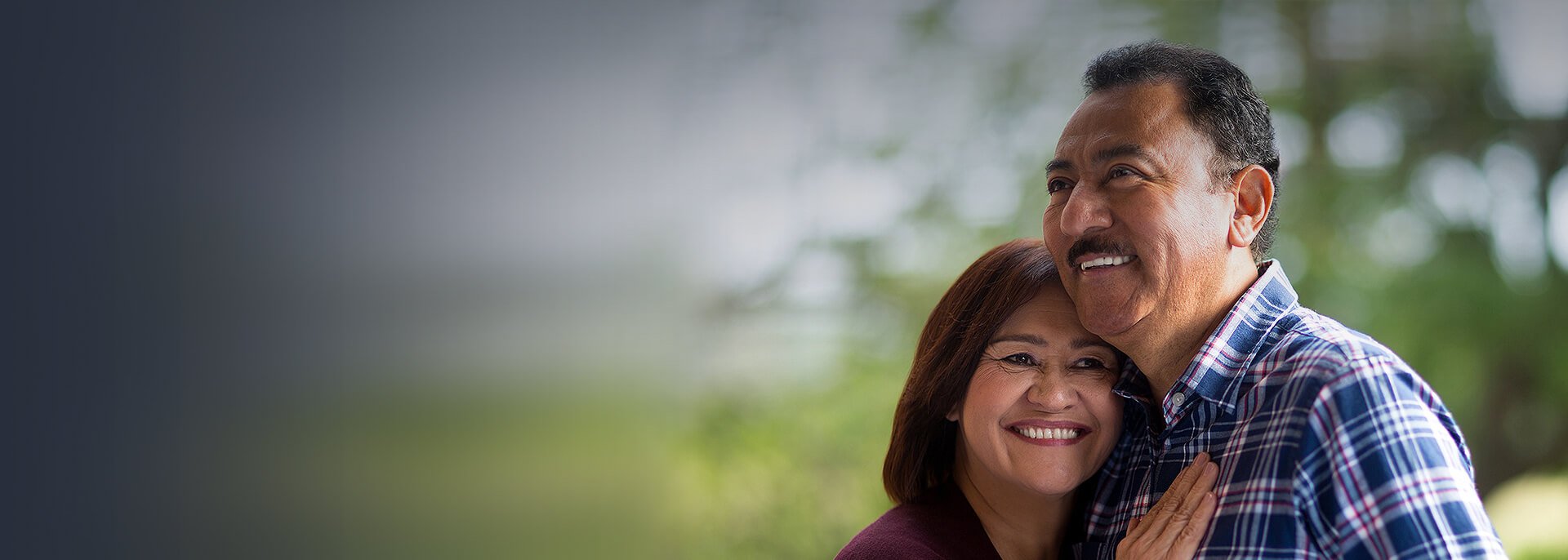BCG Bladder Cancer Treatment
BCG
BCG stands for Bacillus Clamette-Guerin. It is a weakened tuberculosis virus. BCG decreases the risk that bladder cancer will come back. BCG works by attacking the cancer and making your immune system to fight the cancer.
Before BCG
- Do not drink any liquids for four hours before you are scheduled to receive BCG therapy.
- Please be prompt for your appointment because BCG may be mixed in advance to be ready for you.
- Please inform the nurse if you have had fever, chills or been unusually tired since your last treatment. Notify the nurse if you have burning with urination, bladder pain or have been urinating bright red blood or blood clots since your last treatment.
- Empty your bladder just before BCG treatment.
BCG cannot be given if
- History of severe BCG reaction (BCG sepsis)
- Decreased immune system including chronic steroid use, other cancer, HIV/AIDS or are on medications that suppress your immune system
- Bladder or prostate surgery was less than 2 weeks ago
- Burning with urination, frequent urination, bladder pain or other symptoms of a bladder infection
- Fever
- Visible blood in the urine or difficulty with catheter placement (blood at the tip of the catheter).
BCG bladder treatment
- A small plastic tube called a catheter will be placed in your bladder. Residual urine will be removed from the bladder and tested to be sure there is no infection.
- BCG medication will be placed in your bladder through the catheter.
- The catheter will be removed from your bladder immediately after placing BCG.
- Try not to urinate for two hours once BCG medication has been placed in the bladder.
After BCG
- Remain active or lie in different positions to move the BCG around in your bladder and treat all parts of your bladder.
- After holding BCG in your bladder for two hours, sit on the toilet to urinate and fully empty your bladder.
- After urinating, poor two cups of household bleach (such as Clorox) into the toilet and close the lid. Let stand for fifteen minutes then flush.
- Wash your hands and genital areas with soap and water after urinating.
- Repeat the above process each time you urinate over the next six hours.
- Drink plenty of fluids.
BCG Schedule
- BCG is typically started 2-4 weeks after tumor removal
- First course of BCG is once a week for 6 weeks
- You may be placed on a schedule called the SWOG (SouthWest Oncology Group) schedule. This involves three BCG treatments alternating with cystoscopy (look in the bladder with a camera) over time. This schedule may last for one to three years depending on how your bladder cancer looked under the microscope when it was removed.
- Bring your BCG schedule to be signed off after each BCG cycle and cystoscopy (look in the bladder with the camera)
- Bladder cancer has a strong tendency to come back. It is very important you have long-term follow-up with urologist to periodically look in the bladder to check for cancer.
Common side effects
- Bladder pain, painful urination, bladder spasms often start after the third installation and resolve within 24 hours
- Frequent urination and a sensation of having to get to the bathroom right away
- Blood in the urine usually resolves within 24 hours
- Tiredness usually starts after the third treatment
- Low-grade fever less than 100.5 degrees Fahrenheit
- Chills and/or body aches usually resolve within 24 hours
Treatment of side effects
- None if mild
- Acetaminophen (Tylenol)
- NSAIDs (ibuprofen, Alleve)
- Over-the-counter Azo (Pyridium, phenazopyridine): Turns urine and body fluids orange, can stain clothes/bedding
- Over-the-counter Oxytrol patch: treats bladder spasm. Can be used in women and men. Can cause dry eyes, dry mouth, constipation and confusion in the elderly. Don't use if you have glaucoma
- You may take these medications before or after BCG treatment
If side effects are severe
- BCG dose may be decreased to one half or one third strength
- A different medication may be used instead of BCG (gemcitabine, mitomycin-C, valrubicin)
BCG sepsis
Because BCG is a live weakened tuberculosis virus, it can cause serious illness or side effects. BCG sepsis is when the virus causes a bloodstream infection. This typically requires hospitalization and tuberculosis treatment for months. It is important to delay BCG treatment if there is visible blood in the urine or urinary tract infection to avoid this serious complication.
Call the office if
- Heavy bleeding and clots in the urine
- Fever over 101°F
Chills
BCG SWOG Schedule:
- SWOG Schedule
Contact us to request an appointment or ask a question. We're here for you.



